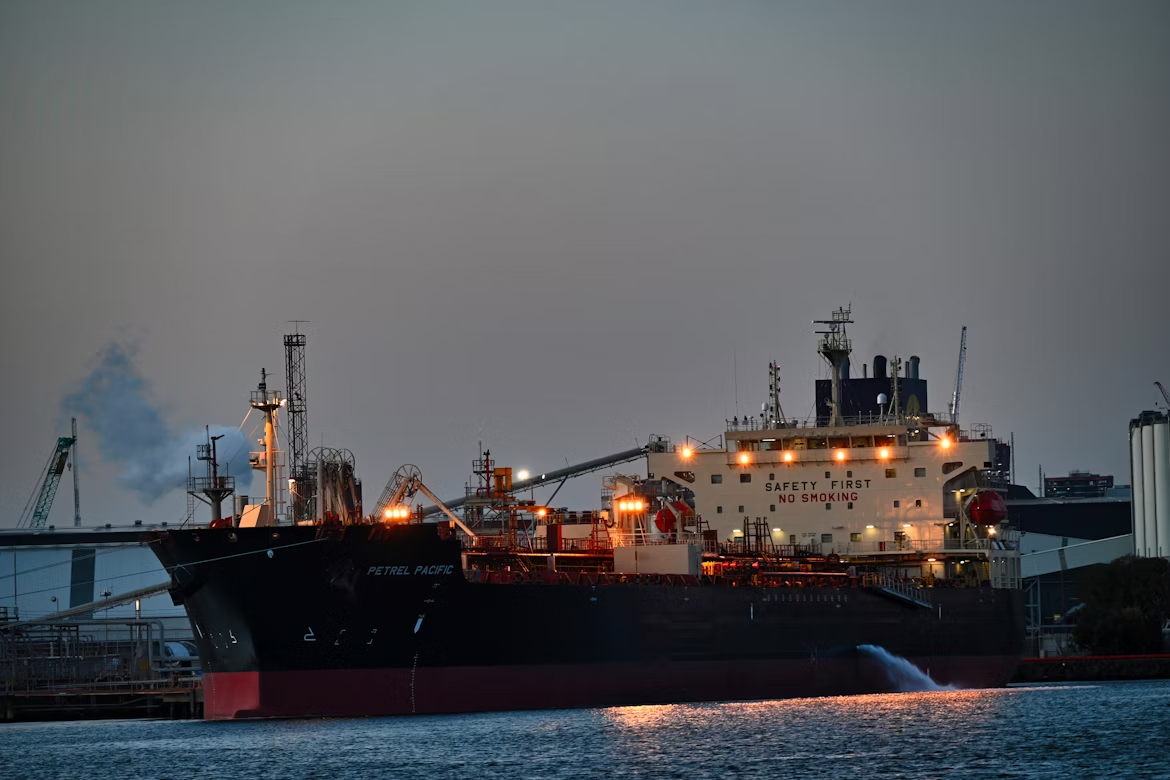
The Strait of Hormuz, a narrow waterway linking the Persian Gulf to the Indian Ocean with roughly 20–26% of the world’s oil and 30% of liquefied natural gas (LNG) passing through its congested shipping lanes daily, remains a critical element of global energy security and a political bargaining chip. Recent escalations between Iran and Israel, with the U.S. military in position, had many eyeing the situation, as the strait could turn into a battleground, cutting off a large portion of supply and instigating other countries that use the route to take action. Shell’s CEO Wael Sawan warns that even temporary disruptions could harm energy markets. With global oil prices already climbing to $77 a barrel, another escalation could push Brent crude to $90–$150 a barrel, an inflationary domino worldwide, and cripple economies reliant on Gulf oil, among them India, China, and Japan.
Iran’s threats to “disrupt the ease of transit” through the strait if the U.S. intervenes are not new. Historically, Tehran has leveraged the waterway as a strategic bargaining chip, deploying mines, speedboats, and missiles during past conflicts to harass shipping. While a complete shutdown is unlikely due to the risk of a swift U.S.-led military response, the failure to shut down Iran-backed Houthi in the Red Sea is evidence to the opposite. Even localised attacks or prolonged mine-laying campaigns could delay shipments, spike insurance costs, and force tankers to reroute, adding days to journeys and straining alternative supply chains. Saudi Arabia and the UAE have invested in pipelines bypassing the strait, but their capacity (5 million and 1.5 million barrels per day, respectively) pales in comparison to the strait’s 20+ million barrels daily.
The economic fallout of such disturbances would see ripples far beyond energy markets. Higher oil prices, slower growth, and food inflation are a likely scenario. China, a major Iranian oil importer and vocal advocate for keeping the strait open, would have its energy security threatened since it depends on unimpeded passage, yet its strategic partnership with Iran complicates direct intervention. As Citigroup analysts note, any closure would likely be short-lived due to international efforts to reopen the strait, though even brief interruptions could test the resilience of global supply chains.
Source: Financial Express, Moneyweb, Newsweek
Photos: Unsplash
